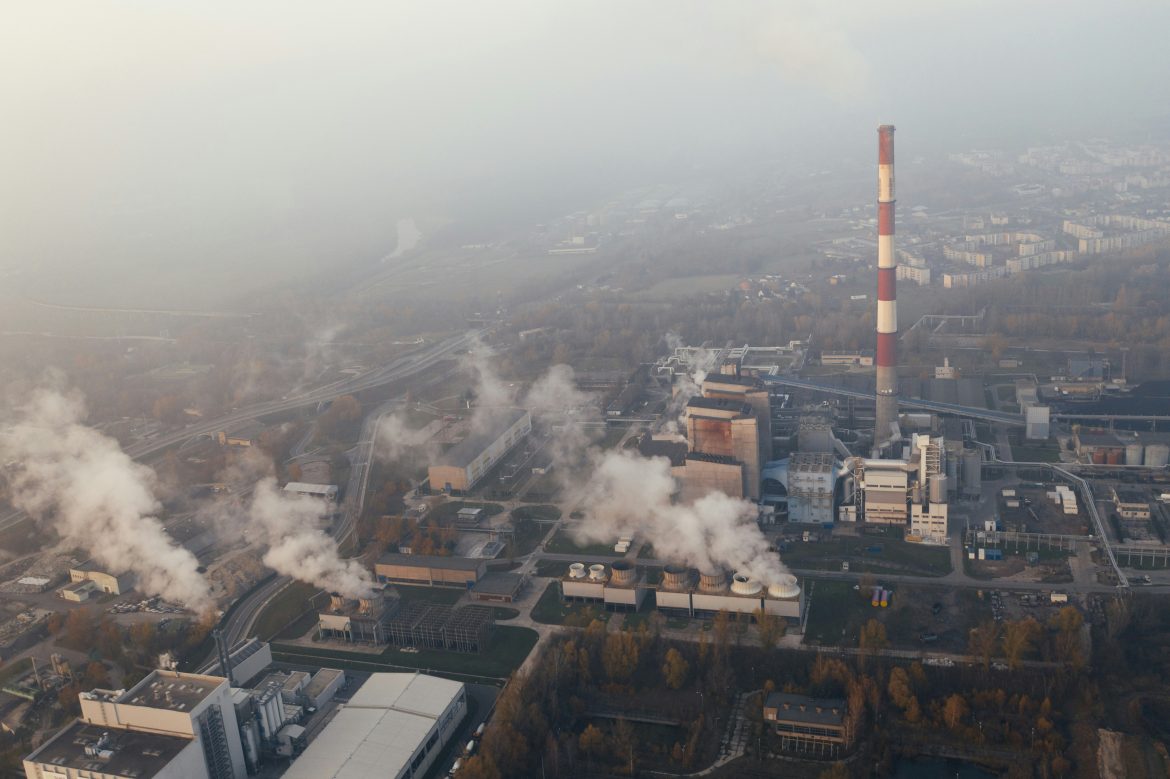A shocking wake-up call from Britain’s opposition leader Sir Keir Starmer, The Labour Party chief is all set to argue that Britain is insecure at the national-security level to the threats that could potentially be posed by countries which can manipulate energy imports. Alluding to an acute change of tack in energy policy, Starmer continues on the Labour party’s watch, Britain will refuse to purchase energy from foreign companies dealing in fossil fuels, and buttress the country’s independence and security.
The cooperation was also extinguished by Becket charging Starmer with alarming the public that ‘energy policy is now a matter of national security’ due to the danger posed by being a captive of foreign energy. It questioned Rishi Sunak, the chancellor, for the perceived lack of anticipation and preparedness for the upcoming energy security crisis and asserted that the country is on a path that puts Britain in a vulnerable position.
Addressing the voter’s rally, Starmer made use of some exquisite sentiments for calling political vulnerability that threaten nation from outside by leaders like Russian President, Vladimir Putin. But while expanding on Labour’s demands for higher funding for the National Grid, Starmer began by stressing that “our homes should not be heated at the cost of our freedoms,” which implied a call for an immediate cessation of reliance on imported russian energy.
Mr McDonald is not the only Labour leader to have enjoyed increases to his public endorsement in the last two years, boosting the partys poll ratings, albeit slightly, and this new analysis from the Labour party, based on OBR data suggests a potential economic disaster if the Tories remain in power for a long term. These projections made by Labour showed that another five years of the Conservative could cost taxpayers in UK up to £68 billion which is similar to recent hike in energy prices.
Furthermore, the OBR’s estimates presented in this publication indicate that repeated energy shortages could lead to a further increase in national debt to levels much higher than 2050, thus creating a large number of risks for fiscal sustainability.
Starmer outlined Labour’s vision for energy independence, epitomized by the creation of Great British Energy, a publicly owned entity aimed at catalyzing Britain’s transition into a clean energy powerhouse. By prioritizing investments in renewable energy infrastructure, Labour seeks to not only bolster national security but also drive down energy costs for consumers.
“Labour will create a publicly owned clean energy company to power Britain’s future energy security – taking control of our energy supply to bring down bills,” Starmer affirmed, underscoring the party’s commitment to charting a sustainable and self-reliant energy future for the nation.
Labour contends that its proposed initiative, Great British Energy, will not only enhance energy security but also position the UK as a global leader in renewable energy innovation, offering a viable alternative to costly and geopolitically precarious fossil fuel imports.



